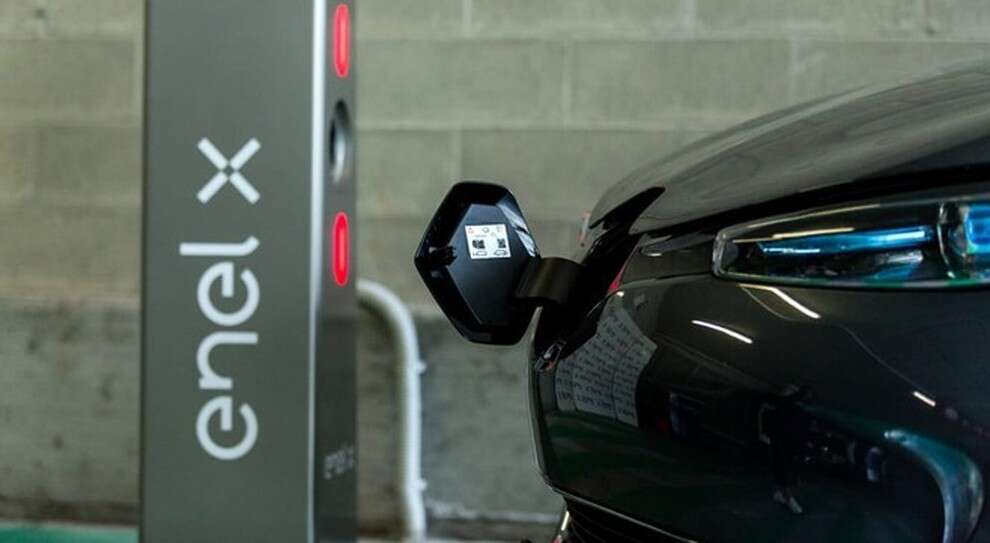 New Delhi: Sterling and Wilson Pvt Ltd (SWPL), a Shapoorji Pallonji Group company on Friday announced its entry into the electric mobility segment in India.
New Delhi: Sterling and Wilson Pvt Ltd (SWPL), a Shapoorji Pallonji Group company on Friday announced its entry into the electric mobility segment in India.
SWPL has signed a 50-50 joint venture (JV) with Enel X, a subsidiary of Enel Group to launch and create electric charging infrastructure in the Indian sub-continent, the companies said in a joint release. The joint venture between Sterling and Wilson and Enel X will be incorporated on April 1, 2021, and will start operating from the second quarter of 2021.
With this partnership, SWPL will introduce Enel X’s JuiceBox family of smart DC as well as fast AC electrical vehicle chargers, adjusted to the needs of the Indian consumer. Customers will have the opportunity to choose how, where, and when to charge their car.
This platform also facilitates asset operators and owners to track the performance of charging stations and networks, as well as troubleshoot systems in real-time, the companies said.
Sanjay Jadhav, CEO, Sterling Generators Pvt Ltd, said,“As part of our commitment to sustainability, we are happy to announce our entry into the electric mobility segment through a joint venture with Enel X, providing end-to-end services for electric vehicle charging stations across India.”
The JV will help create direct and indirect employment through local manufacturing and operations & maintenance services of the charging infrastructure, Jadhav added.
Francesco Venturini, Enel X CEO commented, “This partnership represents an important step forward in our energy transition strategy. We are leading the spread of electric mobility in several global markets, including Europe and North America and we are thrilled to work with Sterling and Wilson, marking our entry into the Indian market.”
He further added, “Joining forces allows our teams to leverage our extensive market knowledge and technical experience, helping to deliver effective results, as well as making important steps towards a clean and sustainable future. We will support the JV by bringing electric mobility solutions to market that are fit for local needs, accessible, and convenient for all drivers, significantly contributing to the decarbonization of the transport sector across India and subsequently South East Asia”.